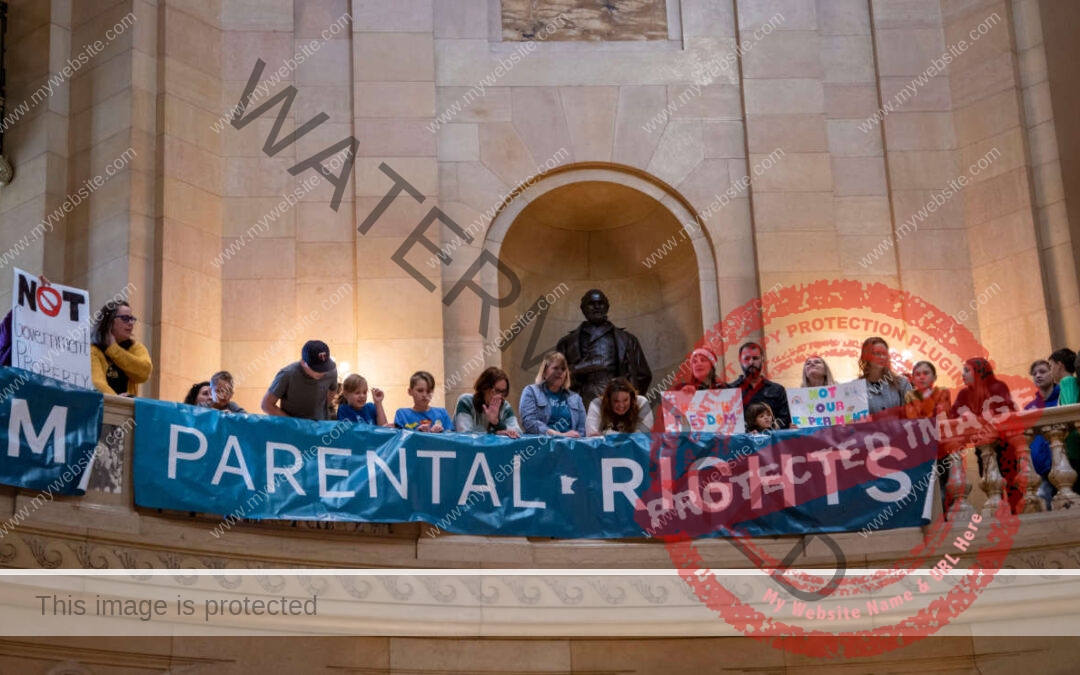Navigating parental rights in a divorce can be a complex and emotional process, especially in the state of New Jersey. Understanding the legal considerations and guidelines surrounding parental rights is essential for ensuring a fair and equitable arrangement for both parents and their children. In this article, we will explore the key aspects of parental rights in New Jersey divorce and provide insights on how to navigate this challenging terrain.
Understanding Parental Rights in New Jersey Divorce
In New Jersey, parental rights are governed by the best interests of the child standard, which prioritizes the welfare and well-being of the children involved in a divorce. This means that decisions regarding custody, visitation, and parenting time are made with the primary focus on what is in the child’s best interests. Parents are encouraged to work together to create a parenting plan that meets the needs of their children while also considering each parent’s rights and responsibilities.
When it comes to custody arrangements in New Jersey divorce cases, there are two main types of custody: legal custody and physical custody. Legal custody refers to the right to make important decisions regarding the child’s upbringing, such as education, healthcare, and religious upbringing. Physical custody, on the other hand, refers to where the child will reside and the day-to-day care provided by each parent. Understanding the differences between these types of custody is crucial for navigating parental rights in a divorce and ensuring that the best interests of the child are upheld.
Legal Considerations and Guidelines for Navigating Parental Rights
When navigating parental rights in a New Jersey divorce, it is important to be familiar with the state’s laws and guidelines surrounding custody and visitation. New Jersey courts encourage parents to create a parenting plan that outlines each parent’s rights and responsibilities, as well as a schedule for visitation and parenting time. If parents are unable to come to an agreement, the court may intervene and make decisions based on the best interests of the child.
It is also important to consider the role of a parenting coordinator or mediator in resolving disputes related to parental rights in a divorce. These professionals can help facilitate communication between parents, assist in creating a parenting plan, and offer guidance on how to navigate complex issues related to custody and visitation. By seeking the assistance of a professional, parents can work towards a fair and equitable resolution that prioritizes the well-being of their children.
Navigating parental rights in a New Jersey divorce can be a challenging and emotional process, but by understanding the legal considerations and guidelines surrounding custody and visitation, parents can work towards a fair and equitable arrangement that prioritizes the best interests of their children. By following the advice and insights provided in this article, parents can navigate the complexities of parental rights in a divorce with confidence and ensure that their children’s well-being remains the top priority.

